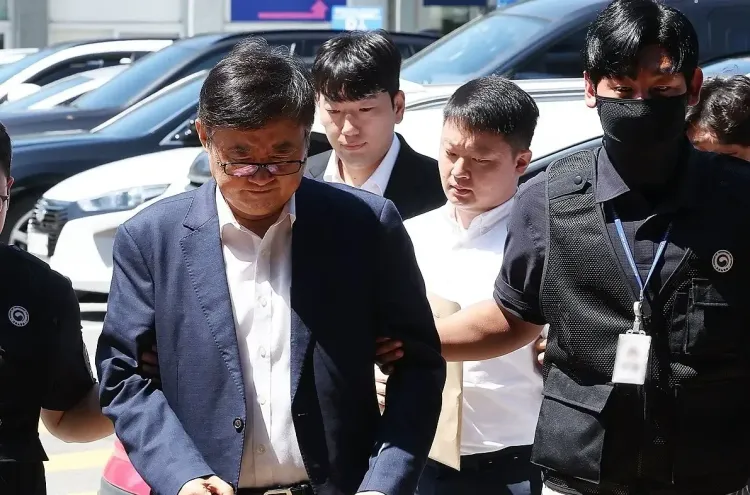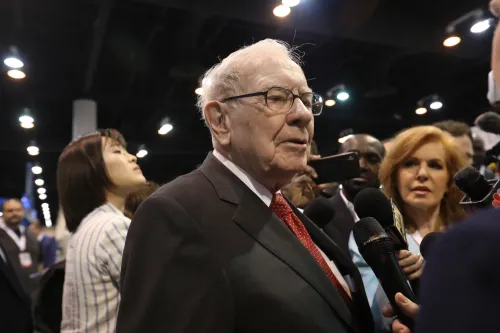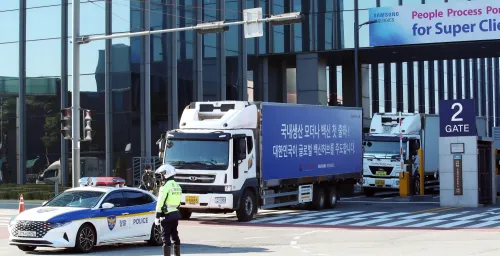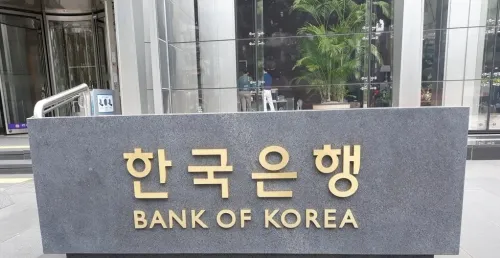Why Was Aricell's CEO Sentenced to 15 Years in Prison Over a Fatal Plant Fire?

Synopsis
Key Takeaways
- Corporate negligence can lead to severe legal consequences.
- The Serious Accidents Punishment Act imposes strict penalties for safety violations.
- Employee safety must be prioritized to prevent tragic accidents.
- Accountability at the executive level is essential for maintaining workplace safety.
- This case highlights the need for systemic changes in corporate safety practices.
Seoul, Sep 23 (NationPress) The CEO of the lithium battery manufacturer Aricell, Park Soon-kwan, was sentenced to 15 years in prison on Tuesday due to a catastrophic fire at the company's facility last year that resulted in the deaths of nearly two dozen individuals.
The Suwon District Court issued the sentence to Park, who faced charges for breaching the Serious Accidents Punishment Act and the Occupational Safety and Health Act, as reported by the Yonhap news agency.
This ruling is notable as it represents the most severe sentence since the Serious Accidents Punishment Act was enacted in 2022, which imposes penalties of at least one year in prison or fines up to 1 billion won (approximately $717,000) for fatal workplace incidents.
In June of last year, the fire at the plant claimed the lives of 23 workers, including 18 foreign nationals, and left eight others injured.
Prosecutors previously sought a 20-year sentence for Park, asserting that modifications made by Aricell executives to the plant design obstructed workers' escape routes, such as the installation of a false wall in an evacuation path.
The court remarked, "Park Soon-kwan is deemed to have neglected his responsibility to uphold safety and health standards by inadequately maintaining evacuation exits and routes." The court acknowledged the direct connection between this negligence and the victims' deaths.
Furthermore, the court pointed out that Park seldom provided safety instructions to his son, who serves as the company’s general manager, highlighting that the fire was not merely an unfortunate accident but rather a disaster waiting to occur.
Additionally, Park's son received a 15-year sentence and a 1 million-won fine for violations of the Occupational Safety and Health Act and for acts that resulted in death or injury.
Park was taken into custody last August, marking a significant event as it was the first time a company head faced formal arrest under the Serious Accidents Punishment Act since its implementation in 2022. This law mandates penalties of a minimum of one year in prison or fines up to 1 billion won (around $725,000) for industrial accidents. Park was indicted while in detention the following month but was subsequently released on bail.









